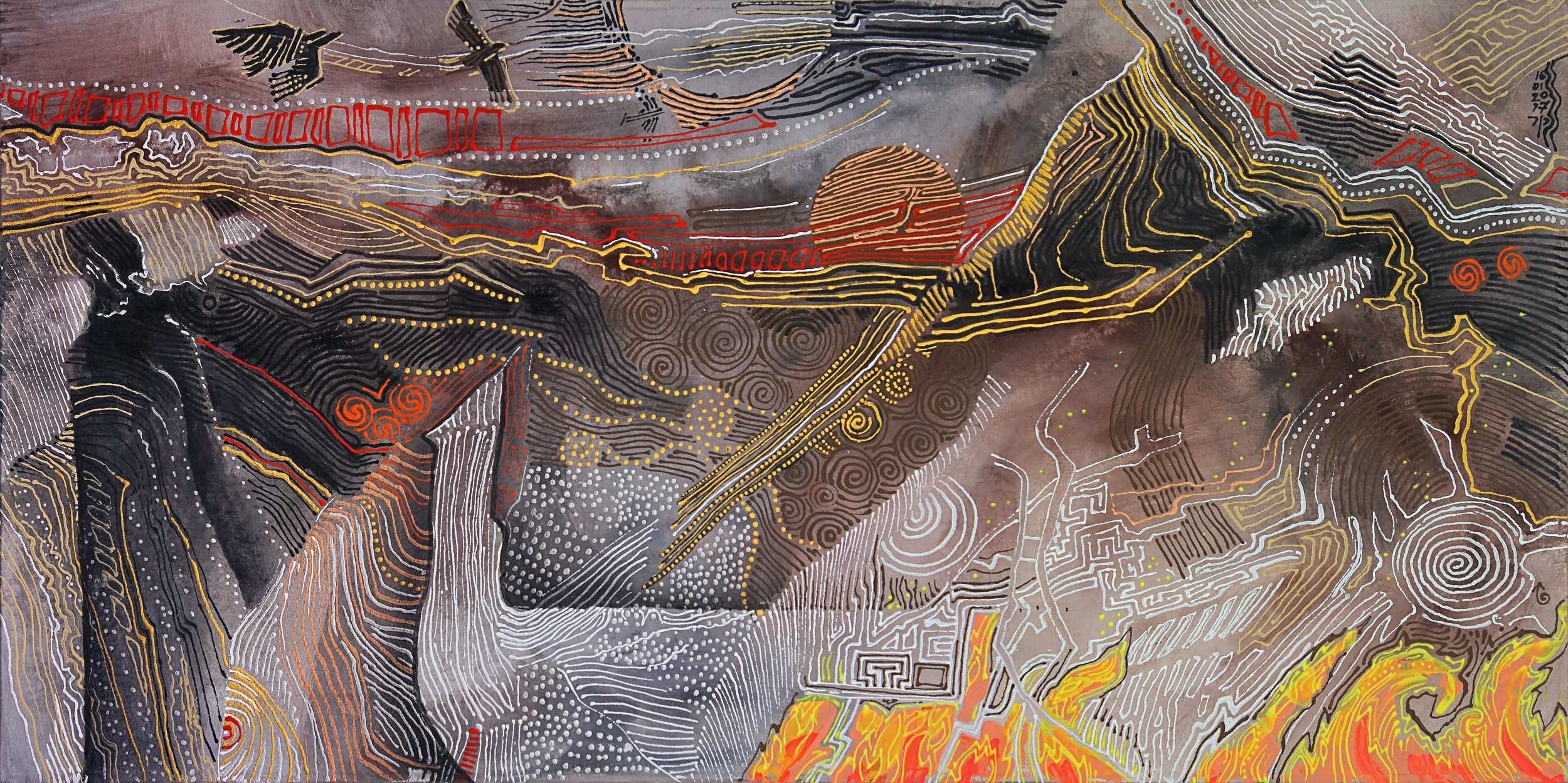By Lyz Hart, LPCC
If you have ever tried to find a therapist you are probably familiar with looking at a Psychology Today profile or a website and seeing a big, long list of the modalities the therapist works with (CBT, DBT, ACT, humanistic, somatic, Gestalt, person-centered, mindfulness-based, etc.). If you aren’t well versed in theories of counseling, all of these terms around a therapist’s approach can make therapy feel “unapproachable.” There is an increasing number of resources on different therapeutic modalities and information about how to find the right modality that might work for you.
Most therapists, including myself, will typically work with a combination of these modalities that will support a wide variety of client needs. One modality that I work with that clients usually have the most questions about is my depth psychological approach, so I would like to take this opportunity to share with you about this modality, some of its basic tenets, and how it might look in therapy.
What Is Depth Psychology?
A General Overview of Depth Psychology
Depth psychology broadly refers to a range of approaches that are focused on researching and exploring the relationship between the conscious and the unconscious. The term “depth psychology” was first coined by Eugen Bleuler in the late 19th century and includes the different schools of psychoanalytic thought and the work of Sigmund Freud, Alfred Adler, and most notably Carl Jung. While other psychological theories primarily consider the conscious mind or behavioral actions, depth therapists believe that change and healing require a deeper level of processing and introspection. Depth psychology proposes that the psychic process is partially conscious, partially unconscious, and partially semi-conscious. In practice, a depth therapist seeks to explore the thoughts, feelings, and motivations that lie at each level as a way to connect with the roots of the experience of malady and suffering.
Carl Jung famously stated, “It is said no tree can grow to heaven unless its roots reach down to hell”. This is a powerful image and metaphor for the depth psychological process; for a tree to grow tall and strong, it must grow its roots deeper into the earth to maintain balance and stability and to tap into the life-giving nutrients of the rich, dark, and fertile soil. If we think of ourselves as a tree, so often we seek growth and understanding in our conscious world (above ground) but yet we fear putting our roots down for we know not what lies underneath us in the deep, dark, earth. When we seek growth but fear the unknown, we become rootbound, constricted, tied up in our thoughts and feelings, and cut off from our truest sense of self.
Depth psychology emphasizes the importance of the relationship between the client and therapist and imagines it as a vessel or container in which psychological growth happens. If we continue with the tree metaphor, the therapist hopes to help create an environment in which a client can unfurl their roots down in the depths of the unconscious and bring up new life for growth.
Personal Consciousness
and Transpersonal Consciousness
Depth therapists are also concerned with the relationship between personal consciousness and transpersonal consciousness; as we connect deeper into our inner world, we connect deeper to the outer and collective experience of being human. When we do the work of ourselves, we do the work of the world. At the crossroads of the personal and transpersonal, we find ourselves in the seat of meaning and in the presence of soul.
Symbol and Myth in Depth Psychology
Carl Jung was the first to propose the existence of the collective unconscious, the ancestral memory and experience of humanity that transcends time and culture, and that all minds, all lives are ultimately participating in some sort of myth-making. In depth psychology, mythology is not seen as archaic explanations of past events but rather myth is the inherent and rich wisdom of humanity expressed through symbolic storytelling. Depth therapists will pay close attention to the myths we tell about ourselves and the symbols and images that show up in our lives. Depth therapists love to work with symbolic and metaphorical material including dreams, stories, myths, art, dance, or any form of embodied expression as this material holds powerful information about what is happening in the unconscious world.
Intentions in Counseling
of a Depth Psychotherapist
At times some of the concepts of depth psychology can seem abstract and nonlinear, but it's all about going deeper and cultivating a keen sense of curiosity around the mystery of life. Jung said, “As far as we can discern, the sole purpose of human existence is to kindle a light in the darkness of mere being” and that’s what depth therapists aim to do - to create a space in which you can find your flame, grow your roots, and support you on your journey to fulfillment and wholeness.
Here are some questions a depth therapist might ask
What things have you been most passionate about or interested in your life? What have you done or not done with these?
What kinds of art, music, film, or book do you resonate with the most? Are there themes or patterns you can identify in these cultural images?
Are there common themes, patterns, or repetitions in your dreams?
Who is the person you admire most? What are their characteristics? Do you see any of these in yourself? Do you manifest them or deny them?
Where in life are you particularly rigid or inflexible?
Where are you most at peace? Where can you most fully be yourself? Where and under what circumstances do you feel the most confidence?
Where in your life do you look for permission and from whom are you seeking it?
I hope this brief introduction has been illuminating and I hope to write more about specific concepts of depth and Jungian psychotherapy. In the meantime, if you would like to further explore yourself, grow, and/or heal through a depth psychology approach, please feel free to reach out to me by sending an inquiry here on our contact page at Evolve In Nature. All of our therapists practice many of these tenets of depth psychology.






